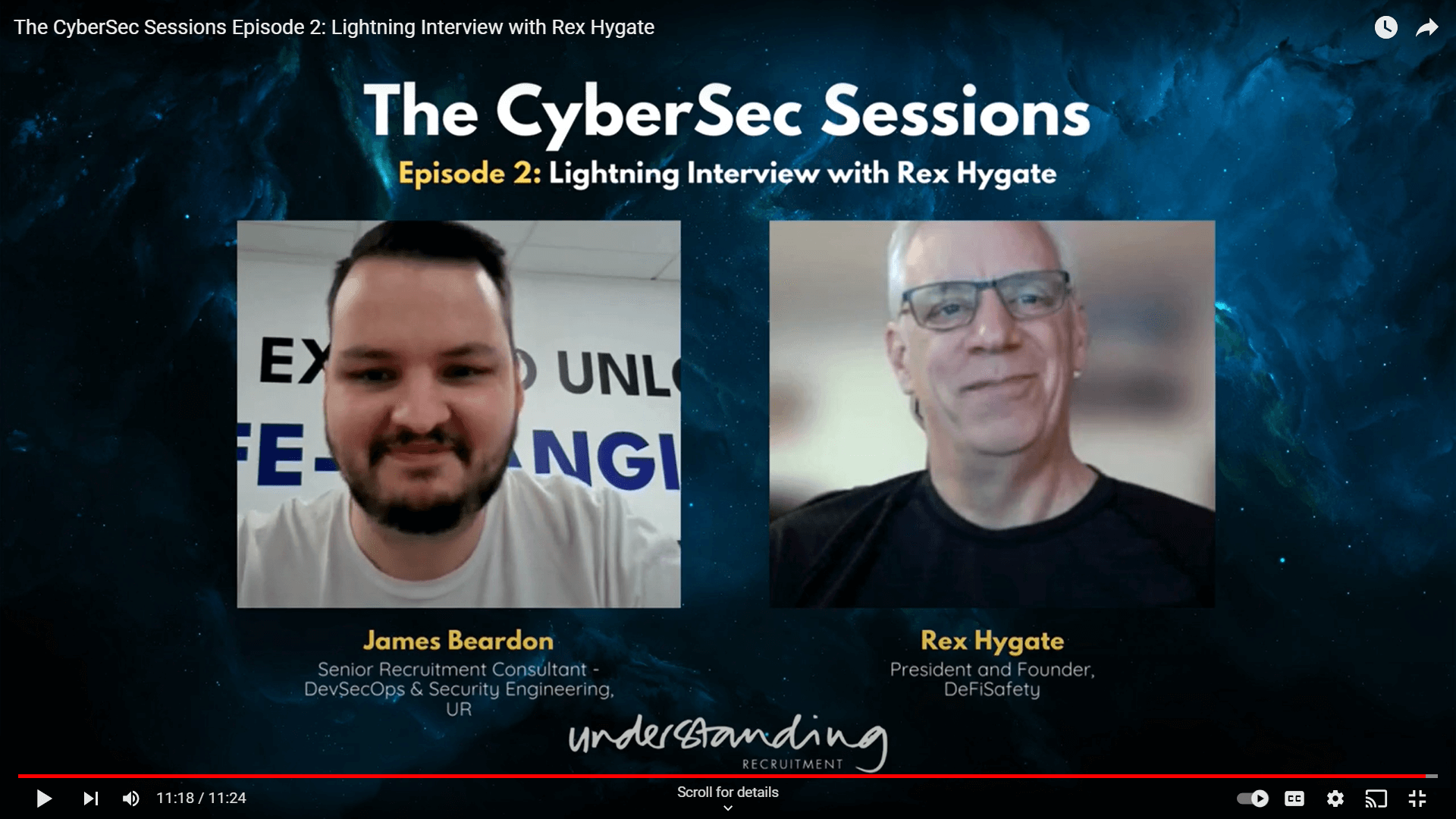
Tips From Our Contract Recruiters: How To Work With Off-Payroll (IR35) Rules
8th December, 2021 5 minutes
This year, a lot of contractors have been wondering what impact IR35 is having on recruitment when it comes to opportunities and how they need to work. One of the first initial questions we commonly get as a contract technical recruiter from professionals is: ‘Is it an “outside” IR35 job?’, so we thought we’d do some myth-busting, as well as launch our new off-payroll (IR35) FAQ.
What is IR35 – simplified?
How do you know if you’re ‘inside’ or ‘outside' IR35?
The key principles considered when determining if an assignment is outside or inside:
Direction and Control
- Do you have complete autonomy over how, when and where you complete the work? Or;
- Does the client specify that you need to be at the office, what hours you should work and when you can take a lunch break?
- Does the client request that you report to a manager to provide updates on your progress?
Substitution
- Are you able to send an alternative worker in your place, if you are unable to fulfil your obligations? Or;
- Are you personally required to carry out the work?
- Do you have practices in place that show how you would enlist a substitute if you haven’t previously used one?
Mutuality of Obligation
- When your contract finishes, is the client obliged to offer you further work and extend your contract?
- Are you obliged to accept an extension, if your contract has come to an end?
- Are you obliged to complete a notice period, similar to length to that of an employee?
Other factors to consider:
Financial Risk
- Are you required to correct any faulty or sub-standard work at your own expense and time?
- Are you required to hold business insurance to protect yourself from any claim that could arise against your company?
- Do you incur expenditure on training to ensure your skills are to the required level for the engagement?
- Do you provide your own equipment?
Part & Parcel
- Do you have access to all the same staff facilities that employees do?
- Do you attend staff meetings?
- Do you attend staff social events or receive staff benefits?
Exclusive Service
- Do you work for just one client or do you work for a number of different clients?
- Have your contracts been renewed numerous times?
Basis of Payment
- Are you paid a fixed hourly/daily rate? Self-employed people are often paid by the job.
Intention of the Parties
- Did the end client intend the worker to be self-employed?
- Are you engaged through a contract which is a contract of service or a contract for services?
How are small companies affected by IR35?
- Annual turnover – no more than £10.2 million;
- Balance sheet total – no more than £5.1 million; and
- Number of employees – no more than 50 employees. If an individual “provides services to a small client outside the public sector, the worker’s intermediary is responsible for deciding the worker’s employment status and if the rules apply,” according to official government guidance. Let’s break it down and try and reduce any headaches when it comes to IR35.
What effect is IR35 having on contract recruitment in tech?
Need advice or support on your next tech contract role?
“IR35” isn’t new, it’s the name given to the tax legislation in the Income Tax (Earnings and Pensions) Act 2003 (ITEPA). IR35 applies to any contractor working through a Personal Service Company ‘PSC’ and seeks to ensure that PSC contractors pay the correct employment taxes and NICs.
Essentially, IR35 was introduced to ensure that PSC contractors, who would be employed by the client, if it were not for the PSC they work through, pay PAYE and the correct National Insurance contributions. IR35 seeks to establish whether a contractor is genuinely self-employed or a ‘disguised employee’ for tax purposes.
If you are considered ‘outside IR35’ then you are classified as genuinely self-employed and can receive gross payments to your Ltd company and enjoy the tax advantages that come with it.
If you are considered ‘inside IR35’ then you are ‘a disguised employee for tax purposes’ and are required to have PAYE tax deducted prior to your Ltd company being paid.
If the off-payroll working rules apply then the end client that you are working for is responsible for determining whether you are genuinely self-employed or a disguised employee for tax purposes. They will take into consideration the contracts in place as well as how you will work and interact with the end client.
Your off-payroll status is not determined by one factor, instead, all of the below factors are considered to paint an overall picture of your employment status for tax purposes:
On 6th April 2021, the IR35 changes in the private sector were introduced, which means the responsibility for operating the off-payroll working rules are now on the fee payer rather than the contractor.
This means that both Public and Private sector clients are now responsible for determining the IR35 status of an assignment.
The new working rules only apply to medium and large private businesses as ‘small companies’ are exempt.
The definition of a small business is based on the s382 Companies Act 2006 which means that a company qualifies as small if two of the following conditions apply for two consecutive financial years:
Since updates to IR35 came in in April 2017, it’s reported that as many as 35% of contractorshave moved on from self-employment. Contractors are stated to be moving into permanent employment, overseas work or not working.
According to the Association of Independent Professionals and the Self-Employed (IPSE), over a third (34%) of professionals are working through umbrella companies and over a third are also working through engagements ‘inside’ IR35.
As a contract recruiter, we are disheartened to see some professionals leave the contract sector and want to reassure our contract and freelance partners that we only foresee growth in contract jobs available in the sector.
Our dedicated contracts teamhas grown at a record pace this year and is having a number of roles come in to fill with the brightest contract talent.
IR35 is a notoriously complicated matter and differs on a case-by-case basis. Read our IR35 FAQ below to find out more about the legislation and how it may affect you or get in touch and one of the team will be happy to help.
There will always be a demand for contractors due to their diverse skillset and ability to bolster short-term projects, irrespective of IR35, and we’re here to partner with you on the most exciting opportunities in tech contract recruitment.

